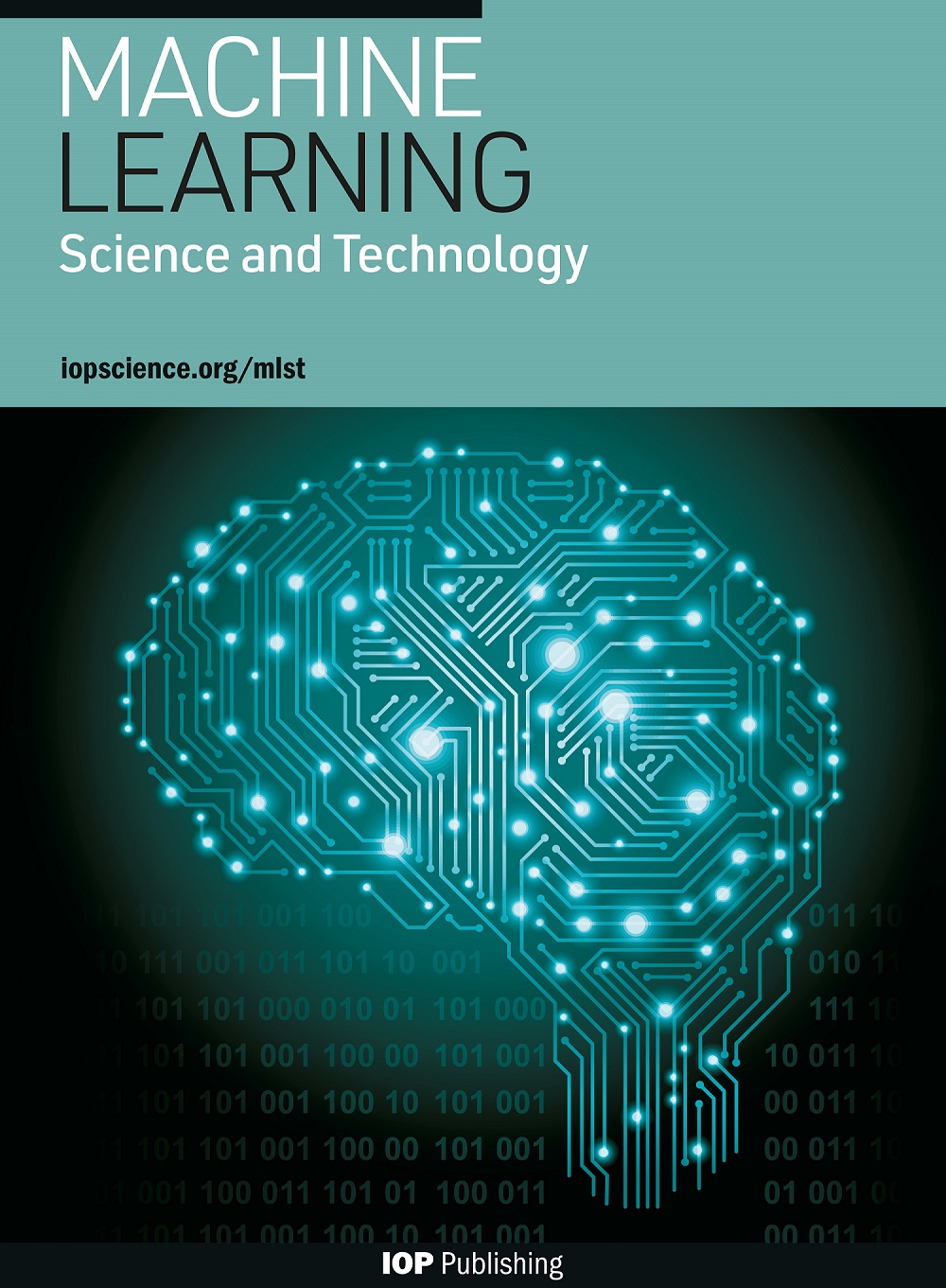Solving deep-learning density functional theory via variational autoencoders
IF 4.6
2区 物理与天体物理
Q1 COMPUTER SCIENCE, ARTIFICIAL INTELLIGENCE
引用次数: 0
Abstract
In recent years, machine learning models, chiefly deep neural networks, have revealed suited to learn accurate energy-density functionals from data. However, problematic instabilities have been shown to occur in the search of ground-state density profiles via energy minimization. Indeed, any small noise can lead astray from realistic profiles, causing the failure of the learned functional and, hence, strong violations of the variational property. In this article, we employ variational autoencoders (VAEs) to build a compressed, flexible, and regular representation of the ground-state density profiles of various quantum models. Performing energy minimization in this compressed space allows us to avoid both numerical instabilities and variational biases due to excessive constraints. Our tests are performed on one-dimensional single-particle models from the literature in the field and, notably, on a three-dimensional disordered potential. In all cases, the ground-state energies are estimated with errors below the chemical accuracy and the density profiles are accurately reproduced without numerical artifacts. Furthermore, we show that it is possible to perform transfer learning, applying pre-trained VAEs to different potentials.通过变分自动编码器解决深度学习密度泛函理论问题
近年来,机器学习模型,主要是深度神经网络,已经显示出适合从数据中学习精确的能量密度函数。然而,在通过能量最小化搜索基态密度曲线时,出现了不稳定的问题。事实上,任何微小的噪声都可能导致偏离现实的剖面,导致学习的函数失效,从而严重违反变异特性。在本文中,我们采用变异自动编码器(VAE)为各种量子模型的基态密度剖面建立了一个压缩、灵活和规则的表示。在这一压缩空间中进行能量最小化,可以避免数值不稳定性和过度约束导致的变分偏差。我们对该领域文献中的一维单粒子模型进行了测试,特别是对三维无序势进行了测试。在所有情况下,基态能量的估计误差都低于化学精度,密度剖面也得到了准确再现,没有数值伪影。此外,我们还证明了将预先训练好的 VAE 应用于不同电位的迁移学习是可行的。
本文章由计算机程序翻译,如有差异,请以英文原文为准。
求助全文
约1分钟内获得全文
求助全文
来源期刊

Machine Learning Science and Technology
Computer Science-Artificial Intelligence
CiteScore
9.10
自引率
4.40%
发文量
86
审稿时长
5 weeks
期刊介绍:
Machine Learning Science and Technology is a multidisciplinary open access journal that bridges the application of machine learning across the sciences with advances in machine learning methods and theory as motivated by physical insights. Specifically, articles must fall into one of the following categories: advance the state of machine learning-driven applications in the sciences or make conceptual, methodological or theoretical advances in machine learning with applications to, inspiration from, or motivated by scientific problems.
 求助内容:
求助内容: 应助结果提醒方式:
应助结果提醒方式:


